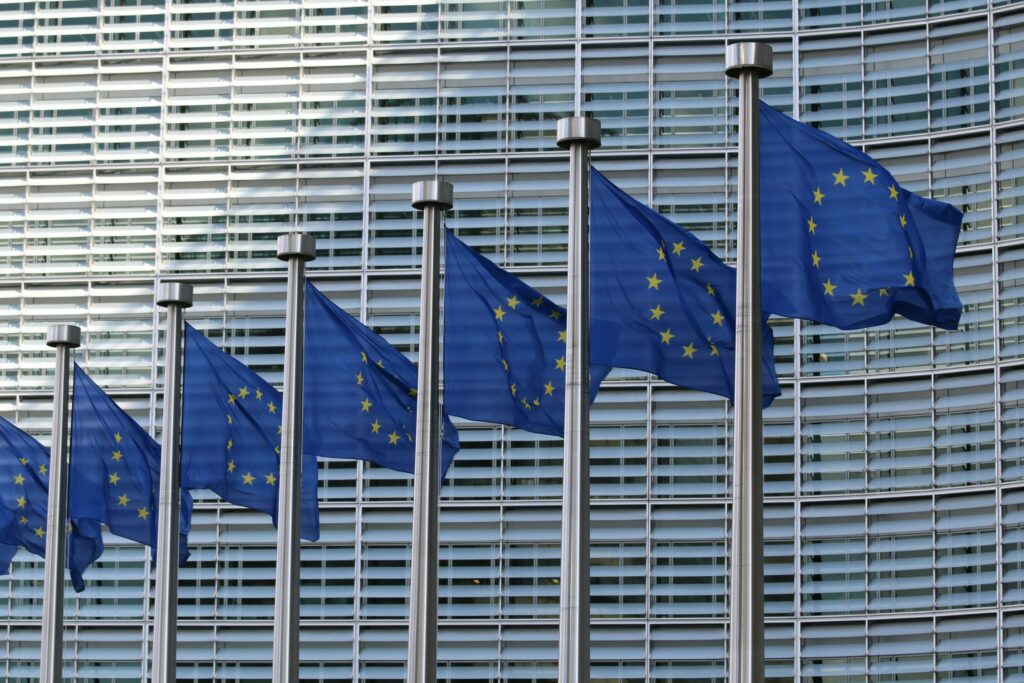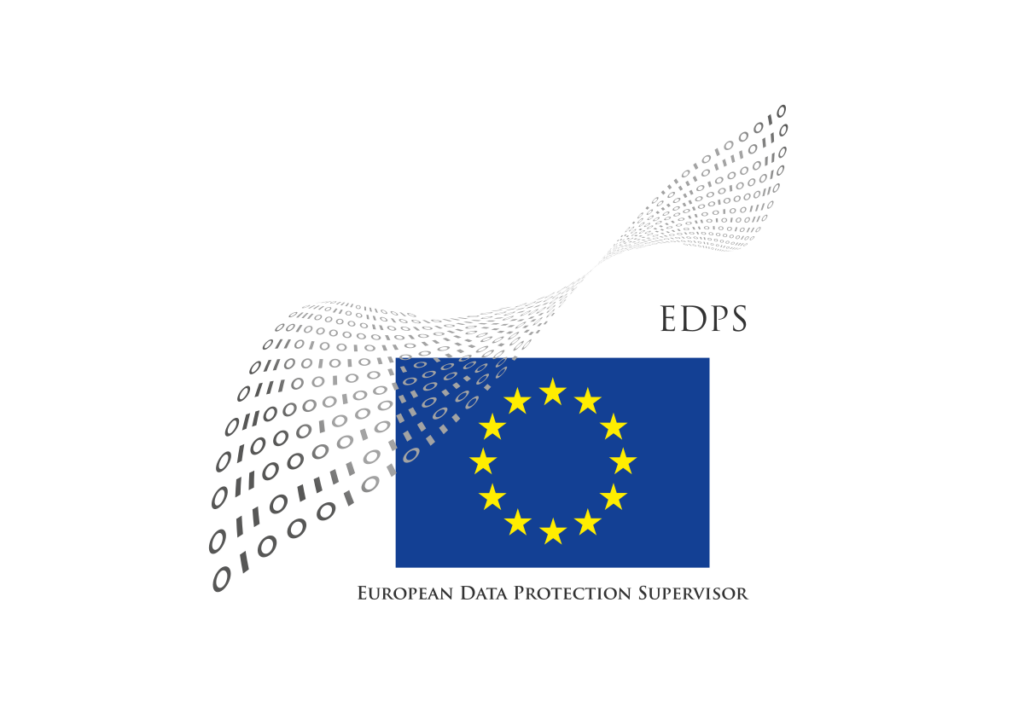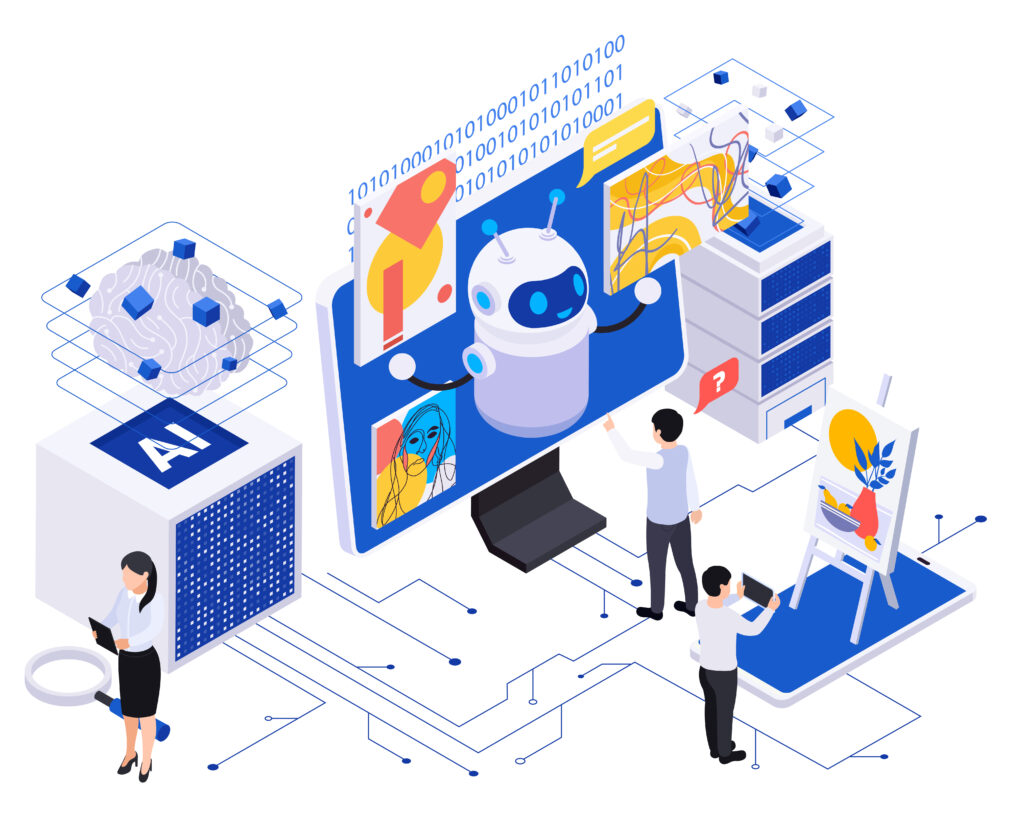General-Purpose AI Code of Practice now available

General-Purpose AI Code of Practice now available On July 10, 2025, the European Commission has received the final version of the General-Purpose AI Code of Practice, a voluntary tool developed by 13 independent experts, with input from over 1,000 stakeholders, including model providers, small and medium-sized enterprises, academics, AI safety experts, rightsholders, and civil society organisations. The Code is designed […]
📣 The European Union’s AI Act: Beyond Motherhood and Apple Pie?

📣 The European Union’s AI Act: Beyond Motherhood and Apple Pie? Authors: Nathalie A. Smuha and Karen Yeung Abstract: In spring 2024, the European Union formally adopted the AI Act, aimed at creating a comprehensive legal regime to regulate AI systems. In so doing, the Union sought to maintain a harmonized and competitive single market […]
AI systems with ‘unacceptable risk’ are now banned in the EU

AI systems with ‘unacceptable risk’ are now banned in the EU This article was written by Kyle Wiggers for TechCrunch. As of Sunday in the European Union, the bloc’s regulators can ban the use of AI systems they deem to pose “unacceptable risk” or harm. February 2 is the first compliance deadline for the EU’s AI […]
EDPS comments to the AI Office’s consultation on the application of the definition of an AI system and the prohibited AI practices established in the AI Act launched by the European AI Office

EDPS comments to the AI Office’s consultation on the application of the definition of an AI system and the prohibited AI practices established in the AI Act launched by the European AI Office On 13 November 2024, the European AI Office launched a multi-stakeholder consultation on the application of the definition of an AI system […]
📣 Proposal for a directive on adapting non-contractual civil liability rules to artificial intelligence: Complementary impact assessment

📣 Proposal for a directive on adapting non-contractual civil liability rules to artificial intelligence: Complementary impact assessment Author: Philipp Hacker Abstract: In September 2022, the European Commission presented a proposal for a directive on adapting non contractual civil liability rules to artificial intelligence (AILD), with an accompanying impact assessment. The European Parliament’s Committee on Legal […]
📣 Limitations and Loopholes in the EU AI Act and AI Liability Directives: What This Means for the European Union, the United States, and Beyond

📣 Limitations and Loopholes in the EU AI Act and AI Liability Directives: What This Means for the European Union, the United States, and Beyond Author(s): Sandra Wachter. Abstract: Predictive and generative artificial intelligence (AI) have both become integral parts of our lives through their use in making highly impactful decisions. AI systems are already […]
UK signs first international treaty to implement AI safeguards

UK signs first international treaty to implement AI safeguards This article was written by Dan Milmo for The Guardian. The UK government has signed the first international treaty on artificial intelligence in a move that aims to prevent misuses of the technology, such as spreading misinformation or using biased data to make decisions. Under the legally binding […]
Research Alert: The EU Artificial Intelligence Act (2024): Implications for healthcare

Research Alert: The EU Artificial Intelligence Act (2024): Implications for healthcare Authors: Hannah van Kolfschooten and Janneke van Oirschot Abstract: In August 2024, the EU Artificial Intelligence Act (AI Act) entered into force. This legally binding instrument sets rules for the development, the placing on the market, the putting into service, and the use of […]
Top 10 operational impacts of the EU AI Act

Top 10 operational impacts of the EU AI Act Authors: Uzma Chaudhry, Ashley Casovan, and Joe Jones for IAPP. On 12 July 2024, the final text of the EU AI Act was published in the Official Journal of the European Union. The next step for the AI Act is its entry into force 20 days after publication, […]
The AI Act: responsibilities of the European Commission (AI Office)

The AI Act: responsibilities of the European Commission (AI Office) This article is written by Kai Zenner on his webpage. Since the technical negotiations on the AI Act have been concluded in January 2024, I hear very different numbers and deadlines when it comes to secondary legislation but also other implementing and enforcement tasks for […]